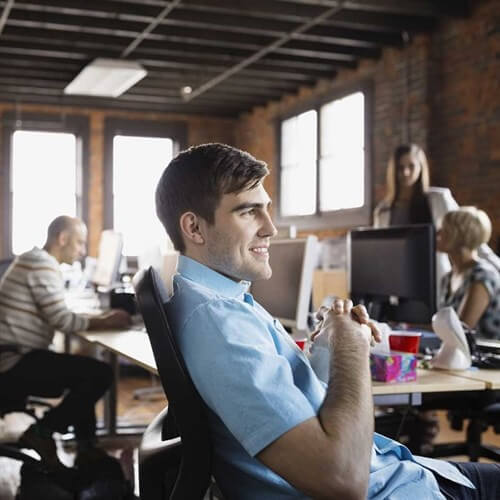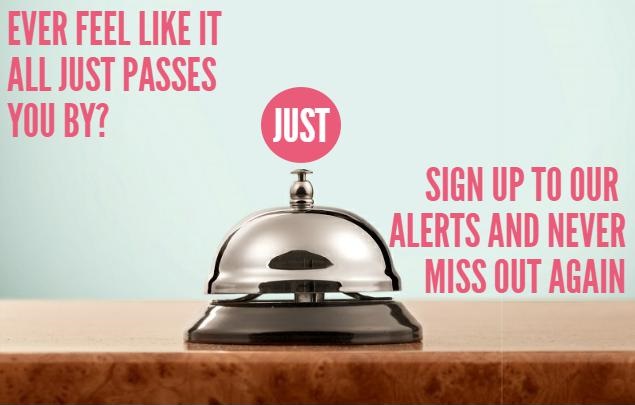General Elections happen in the UK on the first Thursday of May every five years. In 2010, you may have had a few people post their political thoughts on Facebook or your letterbox jam packed with dozens of the same party leaflets (trying to subtly sway your vote…). Five years on and a lot has changed. With the digital age now in full swing and much more activity across multiple social platforms- all giving Facebook a run for their money, the election has gone viral. Hundreds of thousands of tweets were sent during the live televised ‘Leaders Debate’ on Channel 4 alone, with over 1m followers between the top parties- politics is now, more than ever- a battle of media and marketing, social in particular. This Infographic from Life Hacker shows the election outcome based on social media popularity.
Even TV got involved with conforming to the social media form of viral comedy, those of you that have seen the SKY News Ballot Ballad on TV and YouTube will know about this. It’s no secret that Twitter in particular is ultimately becoming a free news platform used to both source and distributes media with. This is the best bet for parties in terms of reaching 18-24 year olds and party marketing teams have jumped all over this (especially with political advertising on television and radio currently banned in the UK). Despite some relatively engaging content pushed out through social media, it is more often than not negative publicity which has filled the nations ‘Trending’ page. With Meme’s and Vine’s being the main culprits, stand out trends included: • Nick Clegg’s “I’m sorry” (The Autotune Remix) https://www.youtube.com/watch?v=KUDjRZ30SNo • Ed Miliband’s Bacon Sandwich FAIL
•UKIP’s hashtag which went wrong #WHYImVotingUKIP (which even got itself a parody Twitter account).
There's no doubt Twitter is an informal way of having “a voice” and being able to personally interact with their local MP or party leader. But does this translate to changes in voting? Does social media have a real influence? Research suggests that a third of young people think social media will influence their vote. Party websites are now including social media plugins linking to their potential candidates social pages.
I was personally asked to speak to a journalist from Selby District Council’s marketing department to discuss with friends, why we thought youth voting was particularly important. This shows that even government marketing departments are eager to get groups that were not as active previously, re-interested in the election.
So there we have it, what do you think? Will the development of social media over the past few years have an affect on how we vote? WIll more young people be inclined to vote? We'd love to hear your thoughts! Share them with us @NetworkNatter IMAGE CREDITS: LifeHacker, Independant, Labour, SelbyDC








